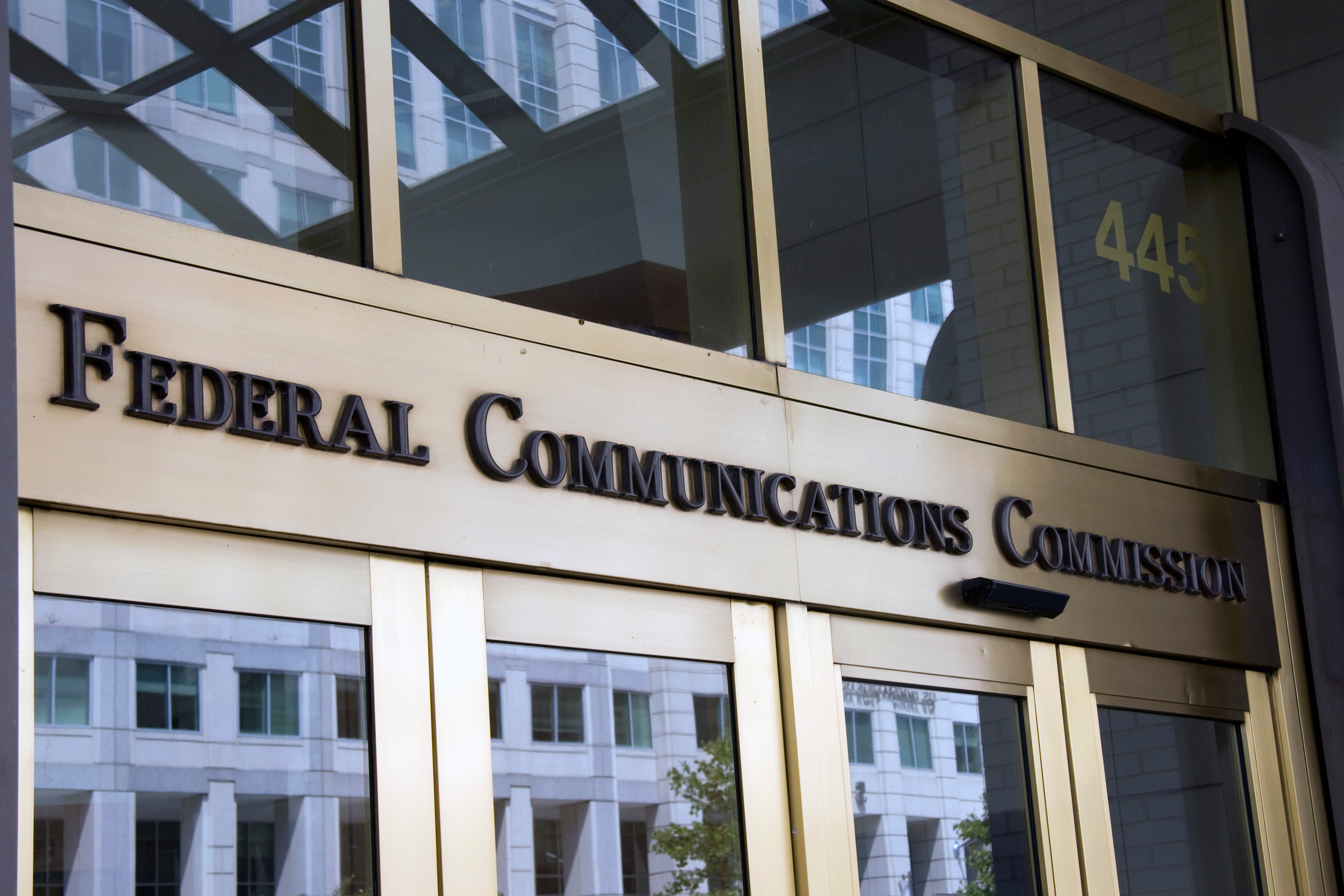Book Not Closed on Sinclair’s Troubles
The smarter way to stay on top of the multichannel video marketplace. Sign up below.
You are now subscribed
Your newsletter sign-up was successful
WASHINGTON — Sinclair Broadcast Group’s troubles may not be over at the Federal Communications Commission, despite efforts to drop its Tribune Media deal and move on.
By most accounts — including the one detailed in Tribune’s $1 billion breach-of-contract lawsuit — Sinclair’s hard line stand on leveraging FCC deregulation to hold onto as many stations as it could, created ripples of annoyance and outrage, including at the FCC and the Justice Department.

As its $3.9 billion deal to buy Tribune’s 42 stations was under review, Sinclair recrafted the terms to try to satisfy Justice’s concerns about market concentration, but it was also trying to capitalize on ownership deregulation at the FCC while retaining relationships with ostensibly spun off stations, a move Tribune said unreasonably complicated a deal that should have, and could have, been done.
Issues of character and candor could continue to be investigated, either by an FCC judge or a bureau. That would be OK with cable operators, who have long criticized Sinclair’s retransmission-consent negotiating tactics and the power that stems from its portfolio of 173 stations.
At press time, the office of the FCC’s administrative law judge, Richard Sippel, had not returned calls for comment on what he plans to do about the Sinclair-Tribune hearing he has been charged with conducting. His decision could have a major impact on Sinclair’s expansion ambitions.
Sinclair withdrew the Tribune deal and wants the hearing terminated, but it is up to Sippel to pull the plug, a spokesperson for FCC chairman Ajit Pai told Multichannel News. The FCC voted unanimously to refer allegations of Sinclair’s lack of candor and misrepresentation to the ALJ, issues involving how the deal was presented that don’t go away just because the license transfers were withdrawn.
The commission unanimously directed the ALJ to resolve four questions. Though three were mooted by the deal’s withdrawal, the fourth — and the first the FCC cited in its hearing designation order — was “whether, in light of the issues presented above, Sinclair was the real party-in-interest to the WGN-TV, KDAF and KIAH applications, and, if so, whether Sinclair engaged in misrepresentation and/or lack of candor in its applications with the Commission.” Sinclair said it did not misrepresent the deal for Tribune’s Chicago, Dallas and Houston stations, or their potential buyers.
The smarter way to stay on top of the multichannel video marketplace. Sign up below.
Settling the issue of whether Sinclair represented “sham” transactions as genuine ones, one way or the other, could serve to speed any challenges to Sinclair’s existing licenses on fitness grounds by critics of the company who want to use candor issues. One former top FCC official said Sippel is expected to terminate the hearing, but the FCC’s Media Bureau could, and likely would, still launch its own investigation of the allegations. The FCC takes character issues very seriously, he said.
One party that could benefit from the ALJ hearing, if it goes against Sinclair, is Tribune in its breach-of-contract suit. While Tribune will be making its case for misrepresentation in court, that would be made a lot easier by an ALJ decision doing the spadework for it.
Contributing editor John Eggerton has been an editor and/or writer on media regulation, legislation and policy for over four decades, including covering the FCC, FTC, Congress, the major media trade associations, and the federal courts. In addition to Multichannel News and Broadcasting + Cable, his work has appeared in Radio World, TV Technology, TV Fax, This Week in Consumer Electronics, Variety and the Encyclopedia Britannica.

